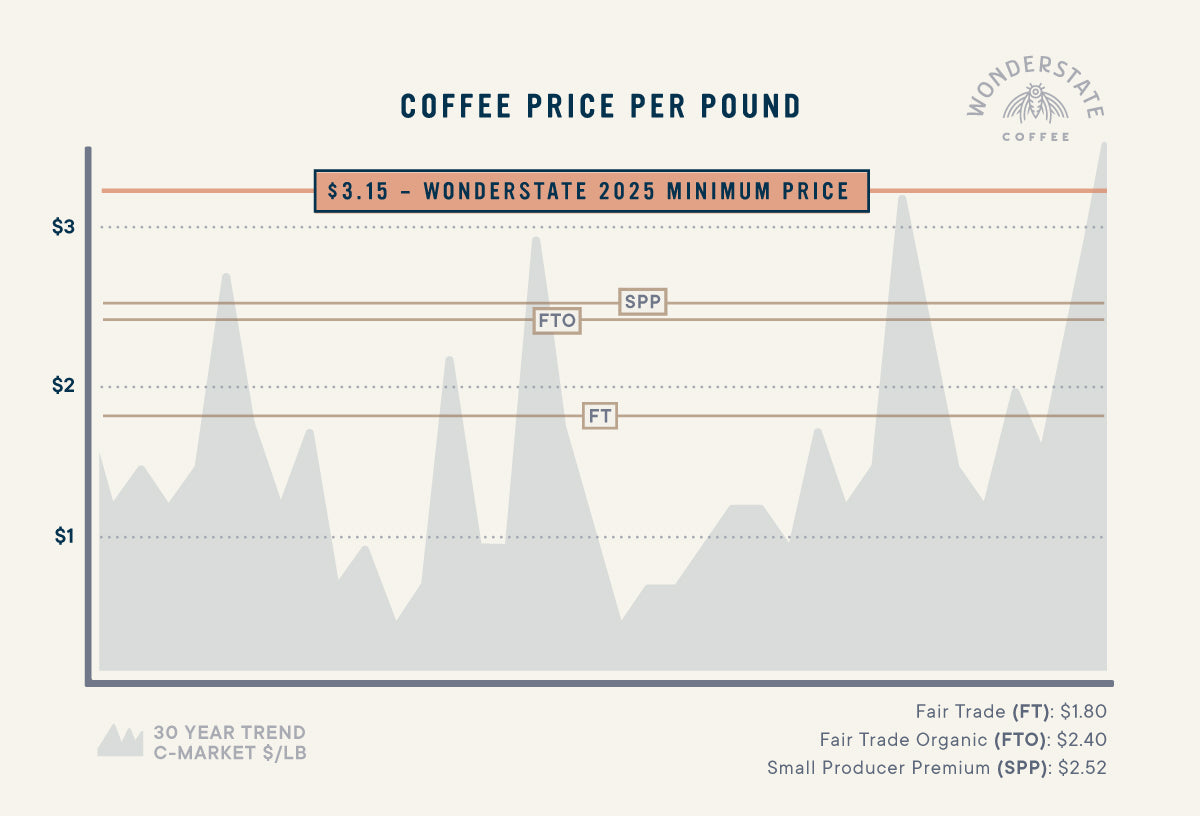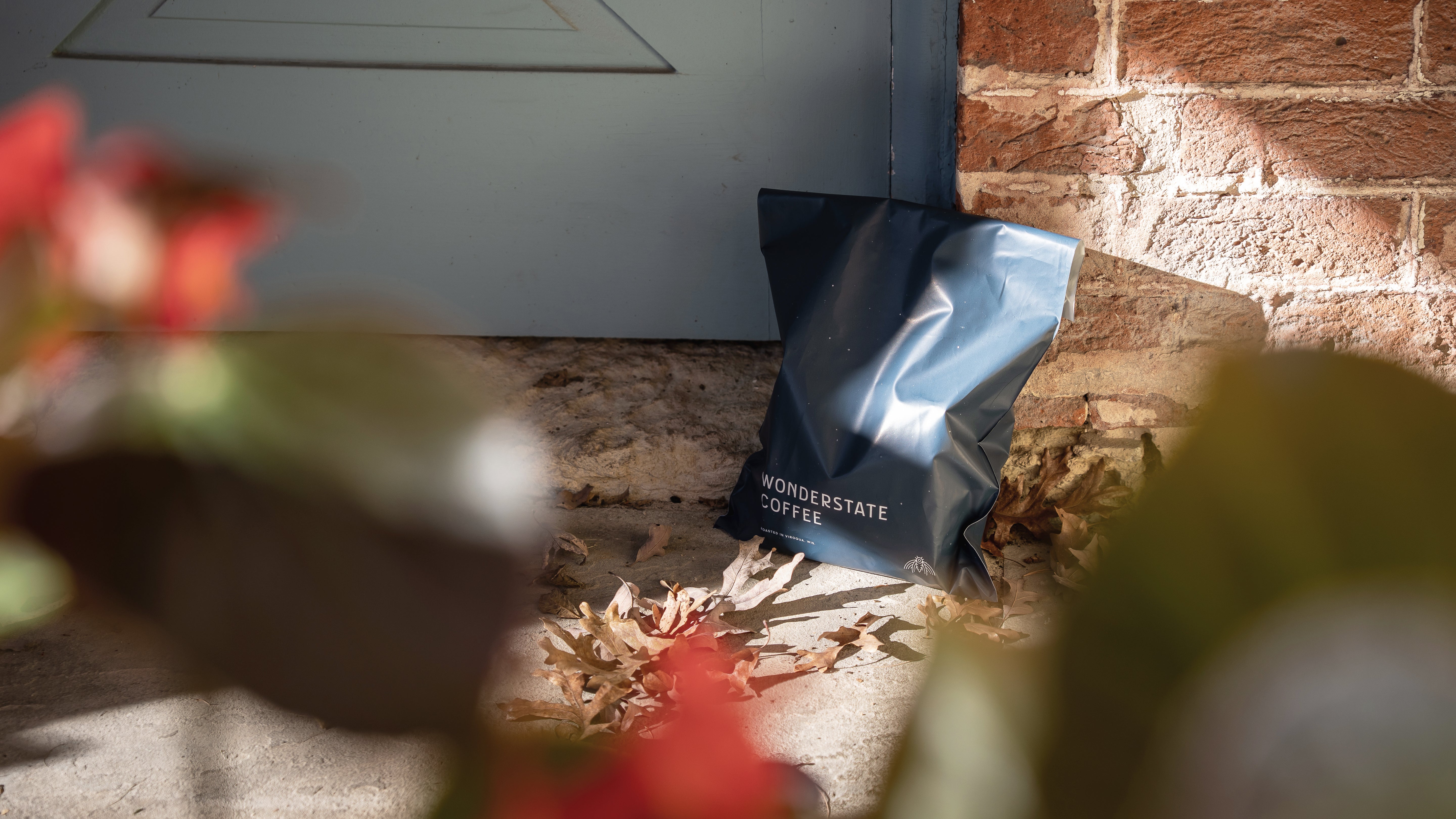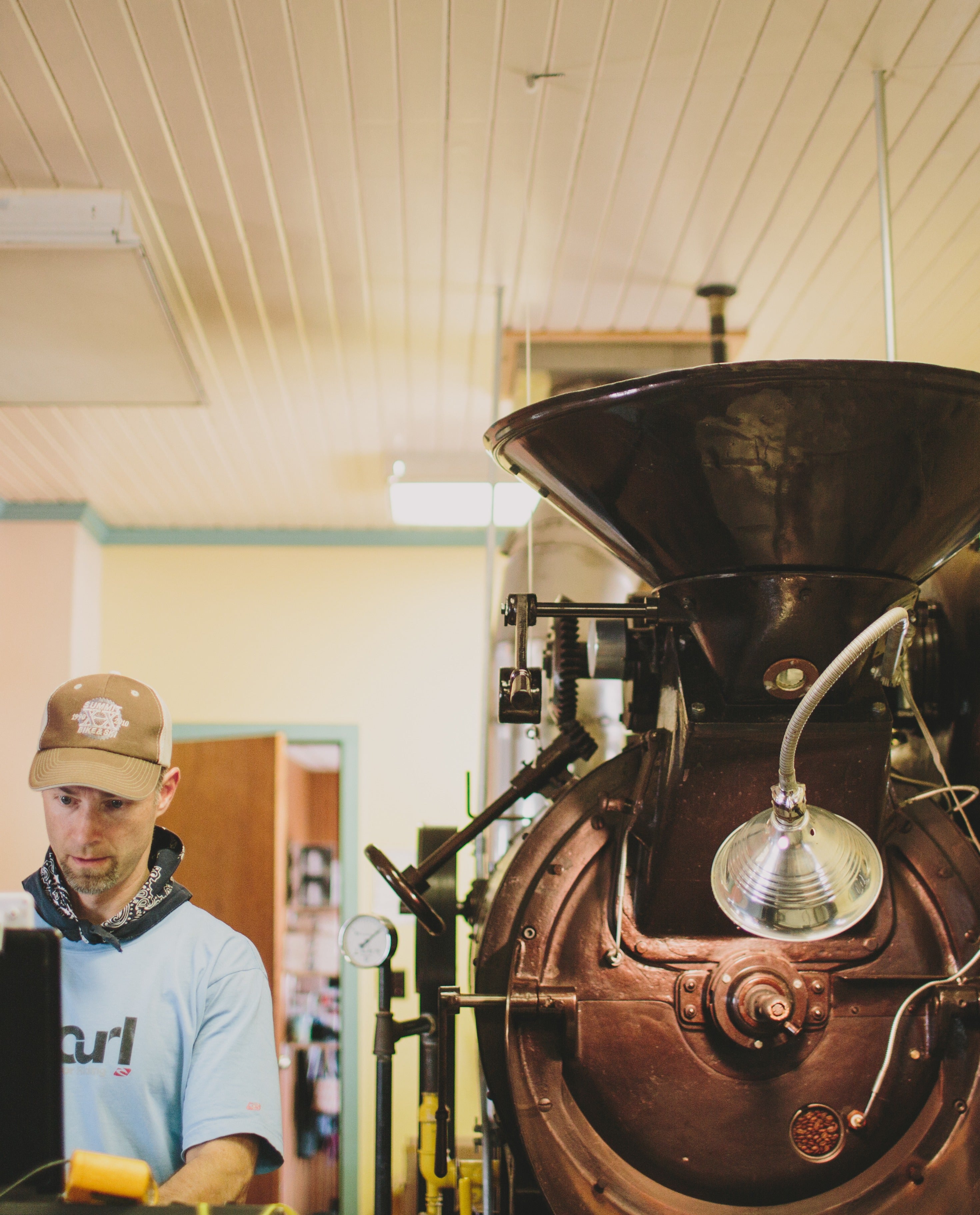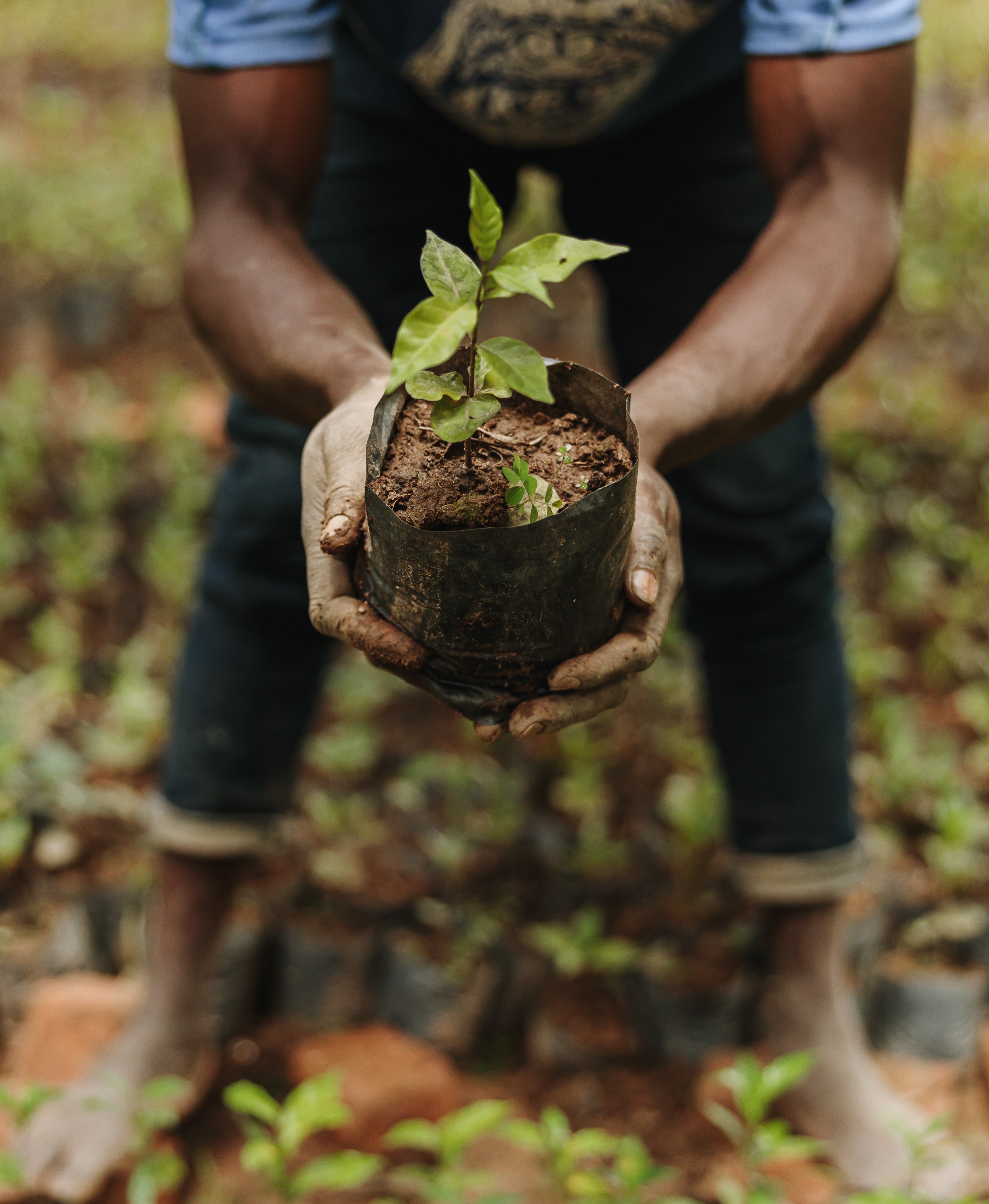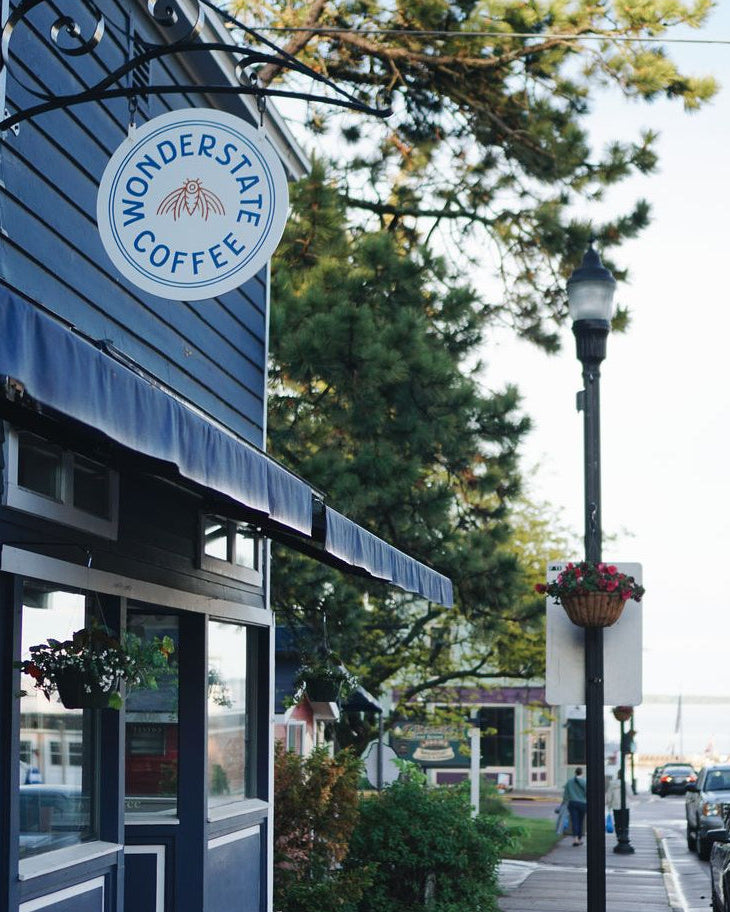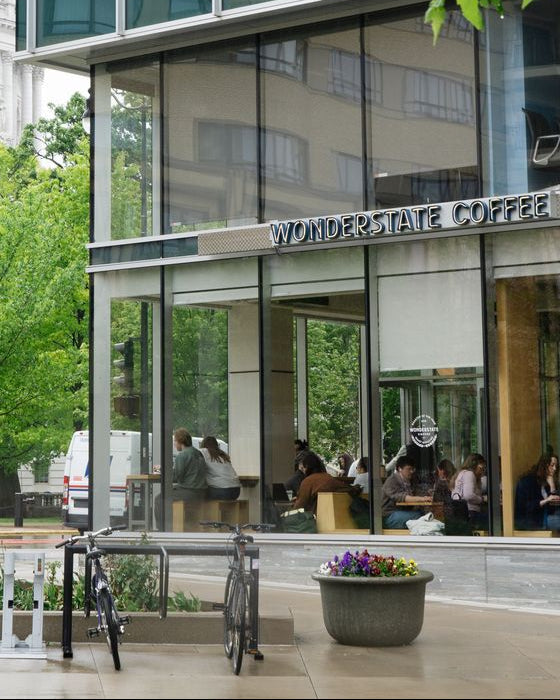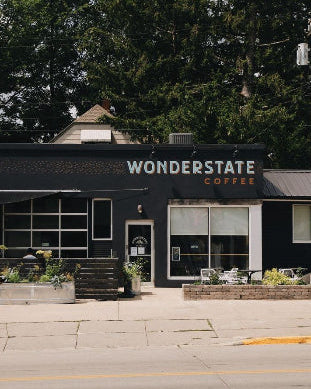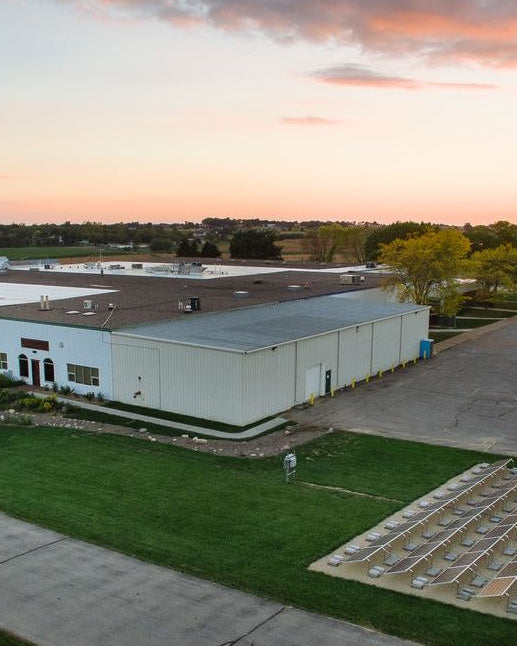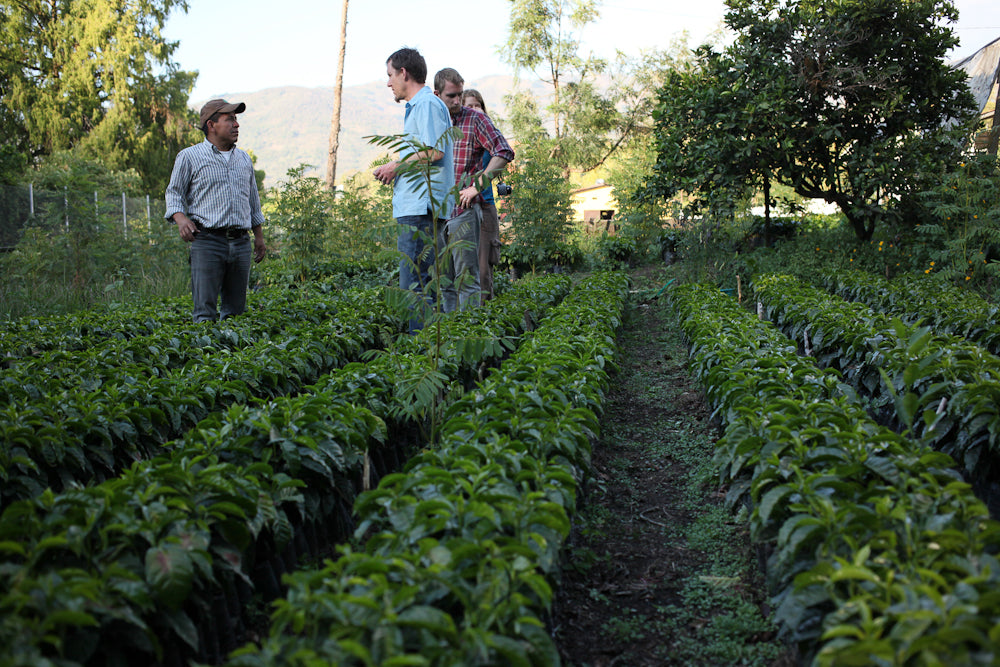PAYING FARMERS MORE
Our sourcing model is focused on a commitment to equity, transparency, and, above all, integrity. It begins and ends with fair compensation for farmers, whose work makes coffee possible.
In the last year, global coffee prices have significantly increased, and yet, our call to pay farmers more remains as urgent and important as ever. This is because today's prices reflect a brutal truth: climate change and persistently low prices have shrunk global supplies of coffee. Without sustainable price adjustments and investments in farmers, the coffee industry will continue to revolve in and out of crisis.
While the Fair Trade movement and direct trade models have both made meaningful progress in addressing quality of life in coffee-producing communities and inequity in the supply chain, both have fallen short.
Historic Market Highs
Today, the commodity market price for coffee hovers at its highest point ever, capping a year of significant price fluctuations. This is a crucial moment for the industry—one that impacts everyone from coffee farmers to coffee drinkers. But the truth is this: coffee farmers still make far less today than they did 40 years ago.
In 1977, the market hit $3.39 per pound. Adjusting for inflation, that price would be equivalent to $17.65 today. Even at the high market prices we’ve seen this year fall far short of what farmers need and deserve. Furthermore, it is significantly lower than the average inflation-adjusted prices over the last 50 years.
In 2017, we set a minimum price paid to farmers. While many of our coffee producers are paid more than our minimum price, no farmer is ever paid less. We’ve continued to increase this price regardless of the commodity market. As of today, our minimum price guarantee is $3.20 per pound.
While the market fluctuates without regard for the livelihood of coffee farmers, our commitment remains steady. It’s during those inevitable valleys that our guarantee makes a difference for our producer partners.
We have created a model rooted in farmers’ costs and their wellbeing, rather than in a volatile and often arbitrary market price. As a result, we have been able to put farmers, instead of the market, at the center of our exchanges.
